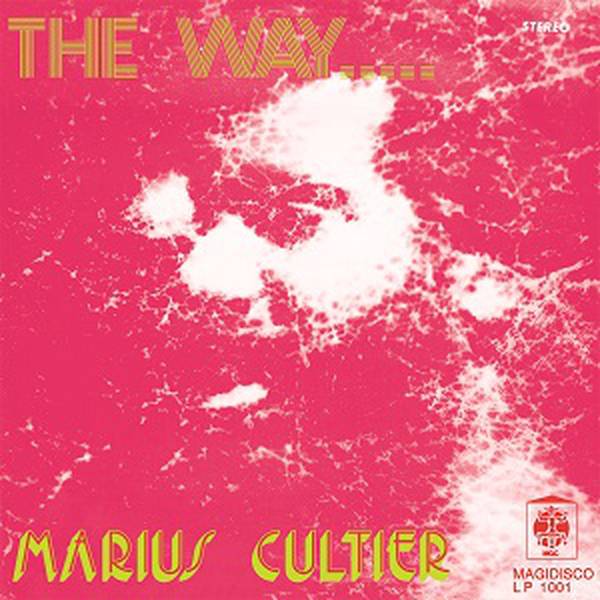
Tax included, Shipping not included
Martinique is an island in the Lesser Antilles, a group of islands in the Caribbean Sea found between the Greater Antilles (Jamaica, Cuba, and Puerto Rica) to the north-west and the continent of South America to the south. Martinique is one of the eighteen regions of France (there are five overseas regions) and an integral part of the French Republic. As part of France, Martinique is also part of the European Union, and its currency is the Euro. The official language is French, and virtually the entire population speaks Antillean Creole. It was first claimed by France in 1635 under the reign of King Louis XIII.
Located geographically closer to the United States than to Europe, the Antilles absorbed jazz and mixed it with the traditional rhythms of their islands: the Biguine, Gwo Ka, Tumbélé. Many artists over the years have explored this uniquely affecting mix: D’Alexandre Stellio, Jean-Claude Montredon, Al Lirvat, Acques Coursil and Mario Caning. But one of the best exemplars of this fusing of American jazz and the Antillean musical tradition was pianist and composer Marius Cultier.
Marius Cultier was born in 1942 in Fort-de-France, Martinique. A precocious talent for an early age, at nine he conducted with the L'Office de Radiodiffusion-Télévision Fançaise, the French national public broadcasting organisation.
As a young man, Cultier hosted a radio show, ‘Punch en Musique,’ which proved a hit with the public and his name and reputation slowly built. Tragedy struck him at 14 when he was orphaned and he was looked after by this elder sister.
As tragic as 1956 proved for Cultier, it was to be a watershed year for another reason - it was the year he discovered jazz. It wasn’t long before he was fusing the musical styles and language of the West Indies with jazz and he began live performances at the Hôtel l’Impératrice.
Very quickly Cultier became an in-demand concert attraction in Martinique and venue owners soon began to book him across the island. His reputation grew and before long he was also performing across the Caribbean.
As his stature grew, he began to receive accolades and prizes, including the International Piano Conquest prize in Puerto Rico for his performance of "Round Midnight”.
He went to Canada in 1966 - initially for a few weeks - where he stayed for several years. Whilst there he met and played with established jazz artists before continuing his journey in the United States, and then Europe, where he played in Paris at the Palais des Congrès at the invitation of the then President, Valérie Giscard D’Estaing, before returning to Martinique in 1973.
Details
Genre
Release Date
15.03.2018
Cat No
SS-007
Charted By
Produkt- und Herstellerinformationen
Tracklist
Track 1
Track 2
Track 3
Track 4
Track 5
Track 6
Track 7
Track 8
Track 9